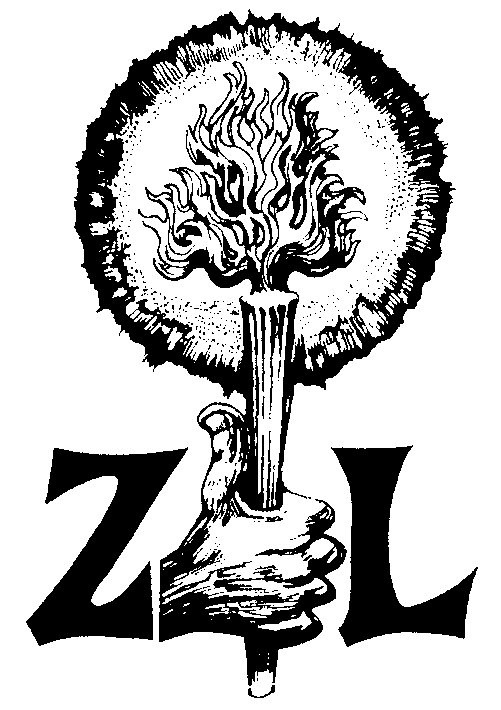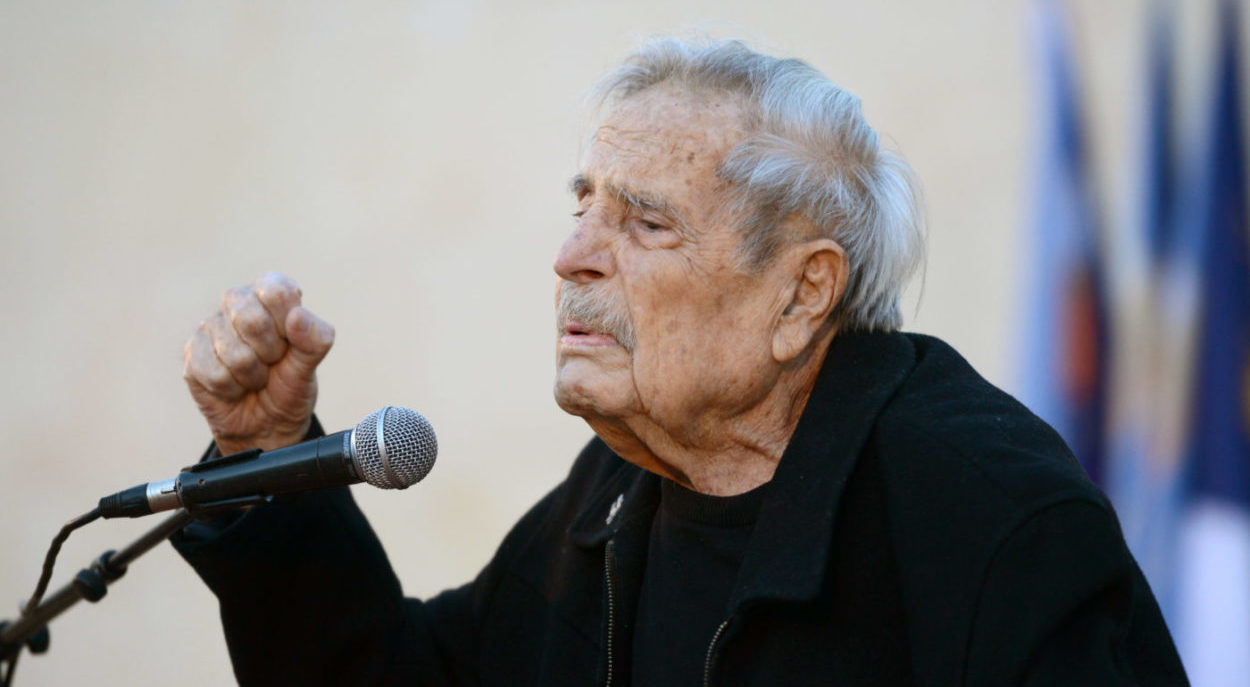 CHAIM GURI, Pożegnanie Jehudy Amichaja w Izraelu
CHAIM GURI, Pożegnanie Jehudy Amichaja w Izraelu
CHAIM GURI
tłumachenie: Irit Amiel
 Chaim Guri, 2016. Domena publiczna
Chaim Guri, 2016. Domena publiczna
CHAIM GURI
Pożegnanie Jehudy Amichaja w Izraelu*
Jehuda Amichaj urodził się w Würzburgu i wraz z rodziną przybył do Eretz Izrael w latach trzydziestych, kiedy naziści doszli do władzy w Niemczech. Wychował się w religijnej rodzinie żydowskiej. Mimo że nie pozostał religijny, posiadał bogaty bagaż przeżyć wynikających z tej tożsamości. Urodzony w Niemczech wyrósł także poniekąd w kulturze niemieckiej. Jako żołnierz w Armii Brytyjskiej przyswoił sobie angielski jako język literacki i jego muza poetycka mówiła w tym języku. Właśnie to skrzyżowanie kultury żydowsko-europejskiej, lokalno-hebrajskiej i eretz-izraelskiej oraz otwartość na inne języki dochodzi wyraźnie do głosu w jego poezji.
Rok 1948 był u nas rodzajem „rozłamu syryjsko-afrykańskiego”, fale ocalonych z Zagłady, nowych emigrantów ze Wschodu i Zachodu zalewają kraj. Zmienia się klimat duchowy. Przemiany społeczne, polityczne i kulturalne odwzorowywane są: przez nowe pokolenie literackie. Ci już piszą inaczej. W tej nowej grupie poetów są Jehuda Amichaj, Natan Zach, Dalia Rabikowicz, Dawid Awidan, Arie Sivan, Mosze Dor, Uri Bernstein, Israel Pinkas, Mosze ben Szaul i inni. W tej barwnej grupie wyróżnia się Jehuda Amichaj jako wybitny i słynny poeta. Jest inny pośród jemu podobnych.
Pamiętam jego pierwsze strofy:
patrzę na Ciebie jak wyjmujesz coś z lodówki,
cała oświetlona jej światłem jak z innego świata.
Poczułem dreszcz i pomyślałem: oto nowy etap poezji. Alterman oświetliłby chyba tę kobietę światłem świecy, ja — światłem ogniska, a on — blaskiem elektryczności lodówki. Takie było moje pierwsze spotkanie z jego poezją. Ona była jakby inna w języku, inna w rytmie i w zaskakującej metaforyce. Pisząc jeszcze wiersze rymowane, rytmiczne oraz sonety, zwrócił się już Amichaj w kierunku białego wiersza, w kierunku języka codziennego, kolokwialnego. Przedstawił nowe stosunki miedzy sacrum a profanum. Często porzucał tryb poetycki, uroczysty i tworzył wiersz-opowiadanie. Pisał o swoim ojcu, matce, żonie, swoich synach i córkach, o przyjaciołach i uczniach, żywych i martwych. Pisał poezję osobistą, nieomal autobiograficzną. Opisywał geografię swoich miłości i wojen.
I choć była to poezja niemal osobista, to jednak odnosiła się jednocześnie i do izraelskości, i do uniwersalności. Wiersz mówi wprawdzie o nim samym, ale zwraca się do wszystkich. Wiersz tworzy się u niego w procesie pisania i ani gatunek wiersza ani jego rytm nie są z góry ustalone. Amichaj pozwala słowu wydostać się z magicznego strumienia rytmicznego i ukazać się samotnie albo w bliskim kontakcie z sąsiednimi słowami.
W ciągu długich lat Amichaj pisał poezję niezwykle barwną, zawierającą całe życie, detale detali rzeźbiąc postać opowiadającą o czasie i losie. Będąc bardzo izraelskim, a może nawet dzięki temu, wybił się na międzynarodowym horyzoncie współczesności. Będąc wybitnym lirykiem, tworzył poezję epicką — narracyjną, a jednocześnie nie stronił od aktualnych problemów, zajmując odważne stanowisko w fundamentalnych kwestiach społeczeństwa oraz kraju, w którym żył i tworzył. Nie odkrywam niczego nowego, mówiąc, że Jehuda Amichaj należy do największych poetów hebrajskich w ciągu ostatnich pokoleń.
CHAIM GURI
tłum. Irit Amiel
CHAIM GURI ur. 1923, zm. 2018. Poeta i prozaik izraelski.
IRIT AMIEL ur. 1931 w Częstochowie. Od 1947 mieszka w Izraelu. W Polsce opublikowała książkę Osmaleni, nominowaną do Nagrody NIKE, 2000.
Zawartość publikowanych artykułów i materiałów nie reprezentuje poglądów ani opinii Reunion’68,
ani też webmastera Blogu Reunion’68, chyba ze jest to wyraźnie zaznaczone.
Twoje uwagi, linki, własne artykuły lub wiadomości prześlij na adres:
webmaster@reunion68.com


